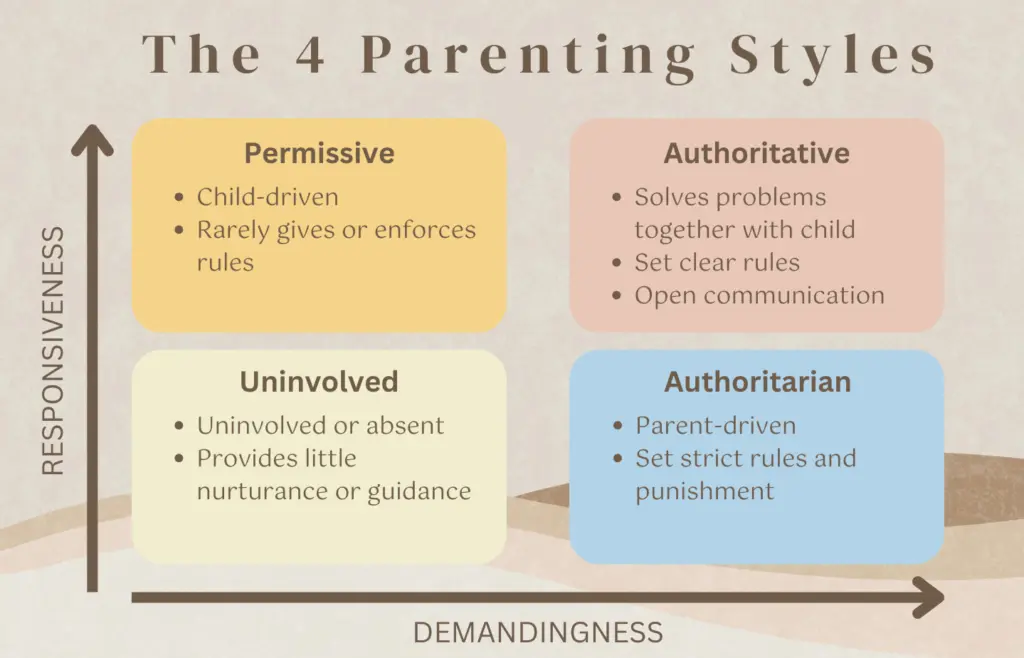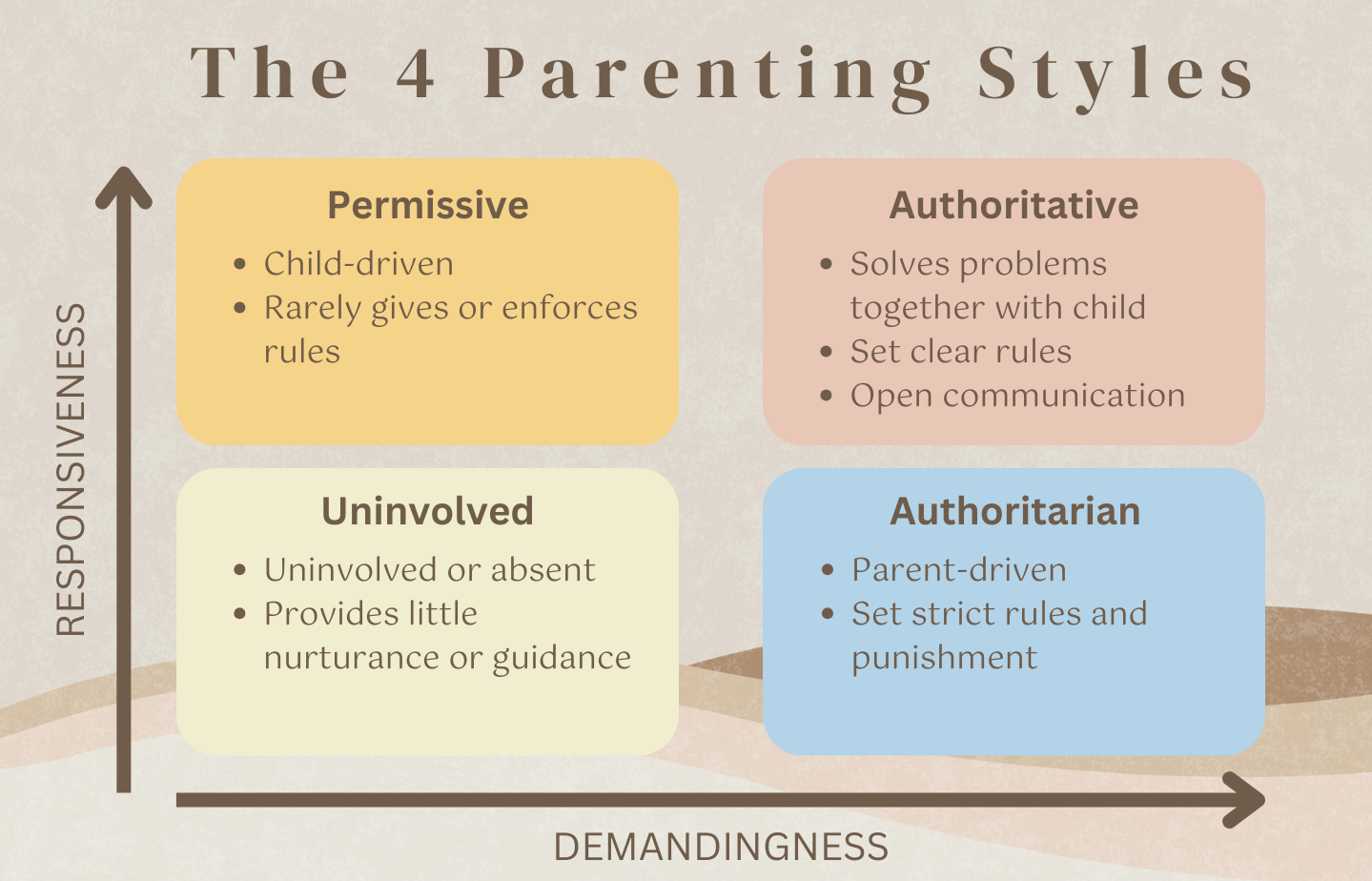
What is Parenthood? Exploring the Joys, Challenges, and Responsibilities
Parenthood, at its core, is the state of being a parent. It’s a journey filled with immense joy, profound responsibility, and transformative growth. It encompasses the nurturing, raising, and guiding of a child from infancy through adulthood. But what does parenthood truly entail in today’s complex world? This article delves into the multifaceted nature of parenthood, exploring its joys, challenges, and the essential responsibilities that come with it. Understanding parenthood involves recognizing its evolving definition and the diverse forms it takes.
Defining Parenthood in the 21st Century
The traditional image of parenthood – a biological mother and father raising their children in a nuclear family – is no longer the only reality. Today, parenthood comes in many forms: single parenthood, same-sex parenthood, adoptive parenthood, foster parenthood, and blended families. Each form presents unique challenges and rewards, but the fundamental principles of love, care, and guidance remain constant. The definition of parenthood has expanded to include anyone who takes on the role of raising and nurturing a child, regardless of their biological connection or legal status. Modern parenthood also acknowledges the importance of co-parenthood and shared responsibility, even in situations where parents are no longer together.
The Joys of Parenthood
Despite the challenges, parenthood is often described as one of the most rewarding experiences in life. The joys are numerous and deeply personal. Witnessing a child’s first steps, hearing their first words, and seeing their unique personality blossom are moments that parents cherish forever. The unconditional love a parent feels for their child is a powerful and transformative force. Parenthood brings a sense of purpose and fulfillment that can be found nowhere else. The opportunity to shape a young life, to instill values, and to guide a child towards becoming a kind, compassionate, and successful adult is a privilege that many parents embrace wholeheartedly.
Beyond the big milestones, the everyday moments of parenthood are equally precious. A simple hug, a shared laugh, or a bedtime story can create lasting memories and strengthen the bond between parent and child. Parenthood allows individuals to rediscover the world through the eyes of a child, experiencing wonder and joy in the simplest of things.
The Challenges of Parenthood
Parenthood is not without its challenges. Raising a child requires significant time, energy, and financial resources. Parents often face sleep deprivation, stress, and a constant juggling act between work, family, and personal life. The emotional toll of parenthood can also be significant, as parents worry about their child’s health, safety, and well-being. Furthermore, navigating the ever-changing landscape of child development, education, and social pressures can be overwhelming.
Discipline is another common challenge in parenthood. Finding the right balance between setting boundaries and fostering independence can be difficult. Parents must also be prepared to address challenging behaviors, teach valuable life lessons, and provide emotional support during difficult times. The challenges of parenthood are amplified for single parents, who often face these burdens alone. [See also: Single Parenting: Navigating the Challenges and Finding Support]
Financial strain is a significant stressor for many families. The cost of raising a child, from food and clothing to education and healthcare, can be substantial. Parents may need to make sacrifices in their own lives to provide for their children’s needs. Balancing career aspirations with the demands of parenthood can also be a challenge, particularly for women. Societal expectations and workplace policies often make it difficult for parents to fully participate in both their careers and their children’s lives.
The Responsibilities of Parenthood
Parenthood comes with a profound set of responsibilities. These responsibilities extend beyond providing basic needs such as food, shelter, and clothing. Parents are also responsible for their child’s emotional, social, and intellectual development. This includes providing a safe and nurturing environment, fostering healthy relationships, and instilling values such as honesty, respect, and empathy.
Education is a crucial aspect of parenthood. Parents play a vital role in their child’s learning, from the earliest stages of development through formal schooling. This includes reading to children, helping with homework, and advocating for their educational needs. Parents are also responsible for teaching their children about important life skills, such as problem-solving, decision-making, and financial literacy.
Another critical responsibility of parenthood is to protect children from harm. This includes physical safety, emotional well-being, and online safety. Parents must be vigilant in monitoring their children’s activities, setting boundaries, and teaching them how to protect themselves from potential dangers. [See also: Child Safety Online: A Parent’s Guide]
Furthermore, parents have a responsibility to be positive role models for their children. Children learn by observing their parents’ behavior, so it is important for parents to demonstrate the values and behaviors they want their children to adopt. This includes treating others with respect, practicing kindness, and taking responsibility for their actions.
The Evolving Nature of Parenthood
Parenthood is not a static concept; it evolves over time and is shaped by societal changes, technological advancements, and personal experiences. The challenges and responsibilities of parenthood in the 21st century are vastly different from those of previous generations. Parents today must navigate a complex and rapidly changing world, preparing their children for a future that is uncertain and constantly evolving.
Technology has had a profound impact on parenthood. While technology can provide valuable resources and opportunities for children, it also presents new challenges, such as cyberbullying, online addiction, and exposure to inappropriate content. Parents must be proactive in monitoring their children’s technology use and teaching them how to navigate the digital world safely and responsibly.
Societal changes have also influenced parenthood. The rise of dual-income families, increasing rates of divorce, and changing attitudes towards gender roles have all impacted the way parents raise their children. Parents today are more likely to share responsibilities, co-parent, and embrace diverse family structures. The evolving nature of parenthood requires flexibility, adaptability, and a willingness to learn and grow.
Seeking Support and Guidance in Parenthood
Parenthood is a journey that is best navigated with support and guidance. Parents should not hesitate to seek help from family, friends, or professionals when they need it. There are numerous resources available to support parents, including parenting classes, support groups, and online forums. Connecting with other parents can provide valuable insights, encouragement, and a sense of community. [See also: Finding Support as a New Parent]
Professional help can also be beneficial for parents who are struggling with specific challenges, such as behavioral issues, mental health concerns, or relationship problems. Therapists, counselors, and parenting coaches can provide guidance and support to help parents navigate these challenges and build stronger relationships with their children.
Conclusion: Embracing the Journey of Parenthood
Parenthood is a transformative journey filled with immense joy, profound responsibility, and countless challenges. While there is no one-size-fits-all approach to parenthood, the fundamental principles of love, care, and guidance remain constant. By embracing the joys, addressing the challenges, and fulfilling the responsibilities of parenthood, parents can create a loving and nurturing environment where their children can thrive. Ultimately, parenthood is a journey of growth, learning, and unconditional love that shapes both the parent and the child.

